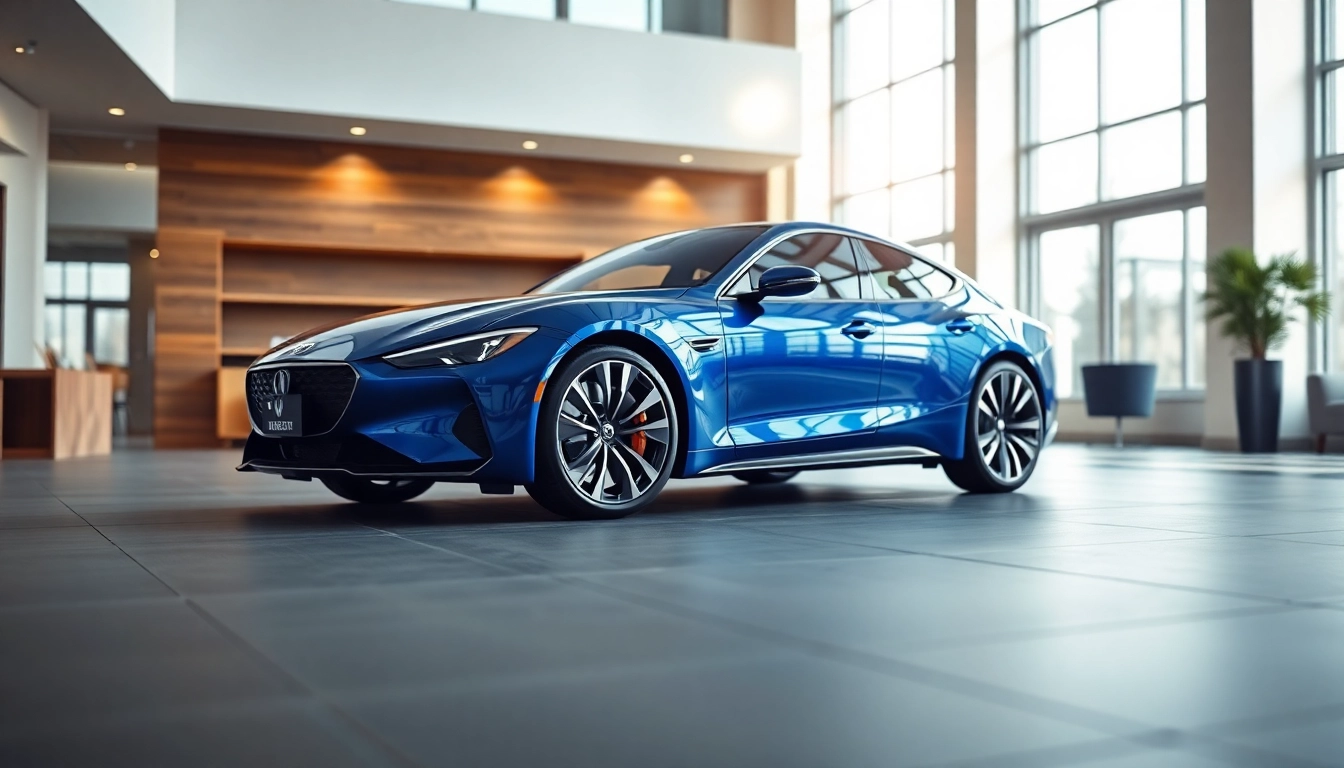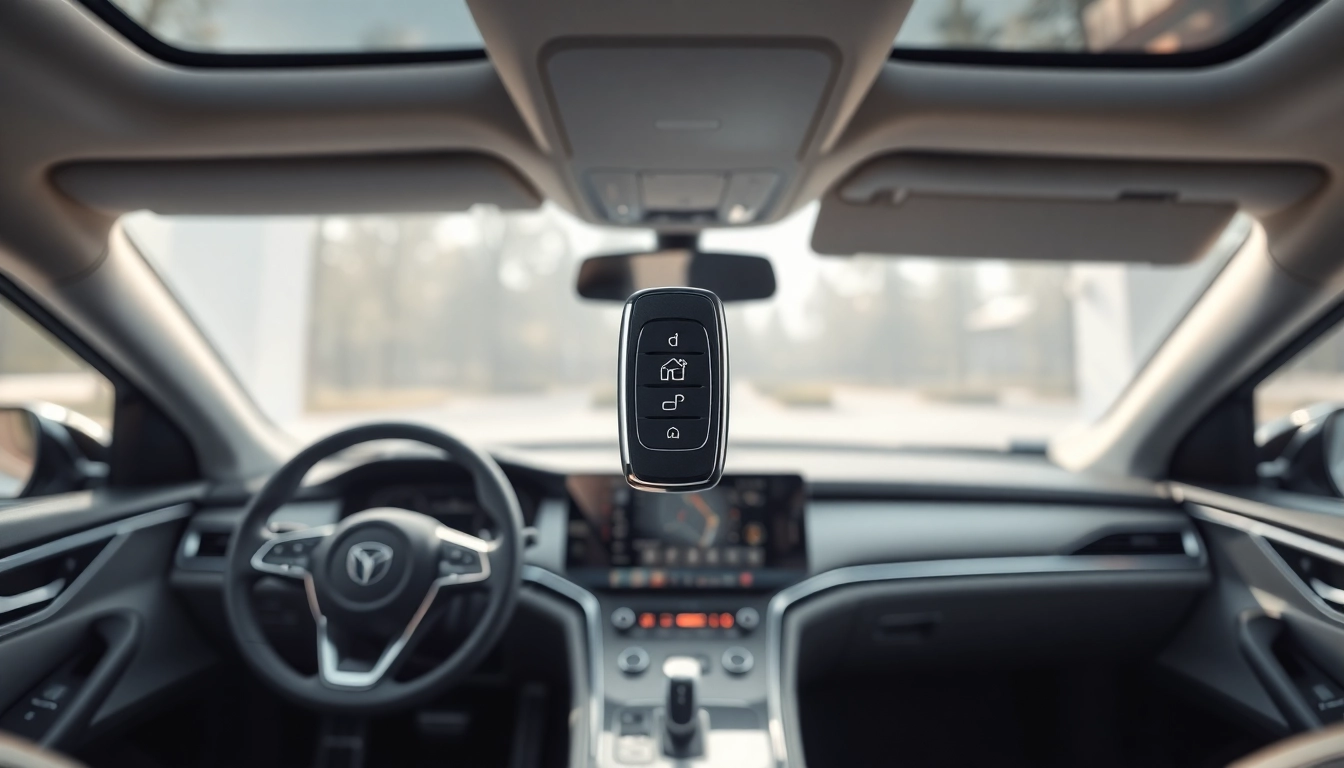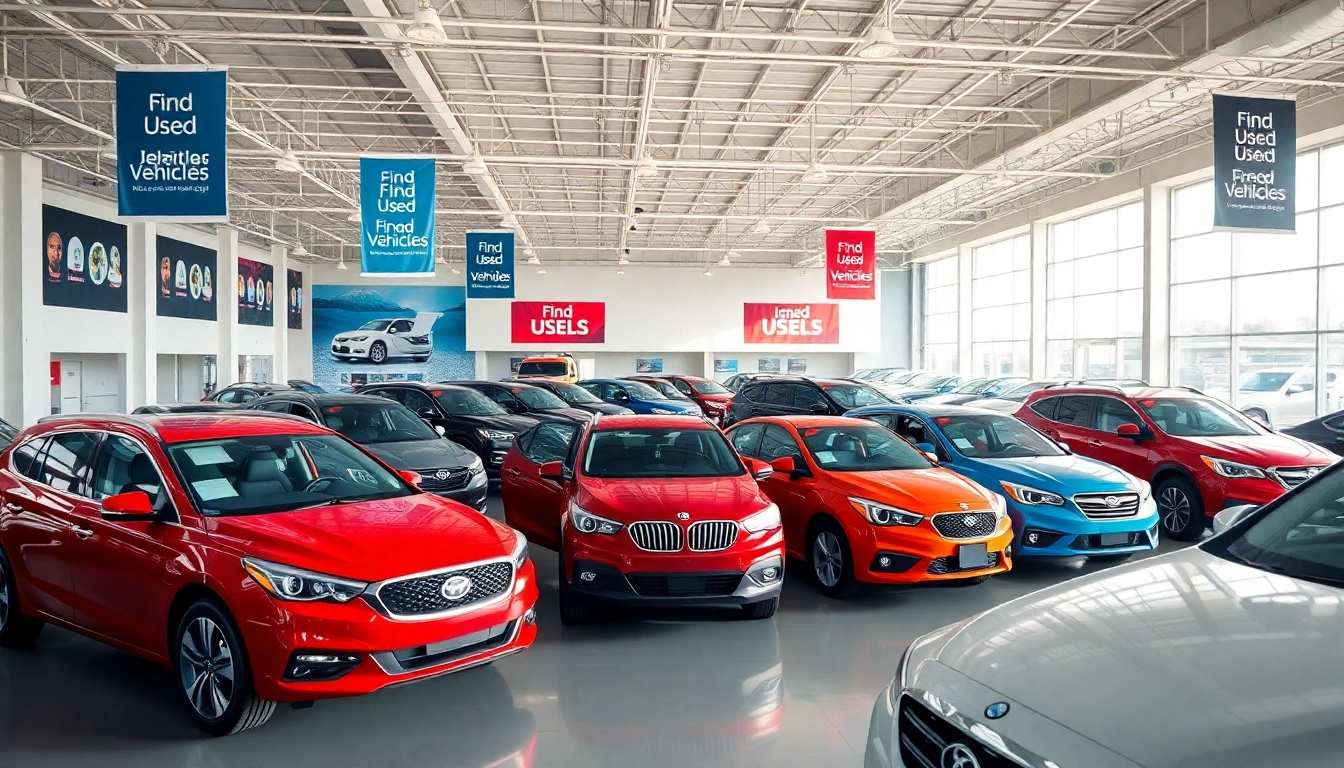Understanding Your Needs for the Perfect Car
Finding your perfect car is more than just browsing through shiny images or flashy features; it’s a journey that requires introspection and understanding of personal needs. Cars are more than mere transportation; they represent a lifestyle, values, and, sometimes, even identity. In this section, we will explore how you can dive deep into your preferences, desires, and necessities to identify the best car for your situation.
Evaluating Personal Preferences
When it comes to personal preferences, the choices in the automotive market are vast. Here are a few pivotal questions to ponder:
- What primarily will the car be used for (commuting, leisure, family trips, etc.)?
- Do you prefer a sporty ride or a more comfortable family vehicle?
- Are aesthetics important to you? Do you have a dream car in mind?
- Do you enjoy driving, or is a vehicle just a means to an end?
Your answers to these inquiries can help narrow down your options. For instance, if you’re an avid road tripper, a spacious SUV might resonate with your lifestyle. Conversely, if you love the thrill of driving, a sporty coupe could be your perfect match.
Identifying Essential Features
Next, identifying essential features is crucial. Modern cars come loaded with technology and specifications, which can be overwhelming. Make a list of must-have features versus nice-to-have ones:
- Safety Features: Anti-lock brakes, airbags, lane departure warnings.
- Fuel Efficiency: Consider the rising fuel prices; many buyers prioritize fuel economy.
- Technology: Infotainment systems, Bluetooth connectivity, navigation systems.
- Space: Passenger and trunk space if you have family or travel frequently.
Cars like the Honda CR-V and Ford Explorer come with advanced safety tech, while luxury brands like BMW and Mercedes-Benz may offer more amenities for comfort.
Budget Considerations for Your Perfect Car
Budgeting is a vital element of your car-buying journey. Begin by determining how much you can afford, not just for the car itself but for insurance, maintenance, and fuel costs. Here are some strategies to help you:
- Establish a Monthly Budget: How much can you afford to pay monthly? Include potential loan or lease payments.
- Research Financing Options: Explore different loans, bank rates, and dealer financing.
- Consider Depreciation: New cars lose value quickly; a used car can often be a better investment.
By setting a realistic budget, you can avoid the pitfalls of financial strain in the future.
Exploring Different Types of Vehicles
Once you have a solid understanding of your preferences, essential features, and budget, it’s time to explore the types of vehicles available on the market. Understanding the pros and cons of each can significantly enhance your buying experience.
Cars for Families vs. Singles
Family vehicles and singles’ cars serve different purposes and come with distinct features. Family-friendly cars often prioritize safety and spaciousness, while single drivers may look for compact vehicles that offer agility and fuel efficiency.
Additionally, consider the dynamics of your household. Traditional family cars include sedans, SUVs, and vans with ample room for passengers and gear. Cars suited for singles might be hatchbacks or sporty compacts, offering a blend of performance and economy. Popular recommendations include:
- Families: Toyota Highlander, Kia Sorento
- Singles: Mazda MX-5 Miata, Volkswagen Golf
Comparing Electric and Gasoline Vehicles
The choice between electric and gasoline vehicles (gas-powered) has recently become a hot topic among consumers. Here’s a breakdown of their respective benefits and what to consider:
- Fuel Economy: Electric vehicles (EVs) are typically more energy-efficient and cost-effective on a per mile basis compared to gas vehicles.
- Environmental Impact: Opting for EVs means contributing less to fossil fuel consumption and reducing greenhouse gas emissions.
- Charging Infrastructure: Depending on where you live, charging station accessibility could be a significant factor in your decision.
Popular EV models like the Tesla Model 3 demonstrate how electric vehicles can combine performance with sustainability while gasoline cars like the Toyota Camry continue to offer reliability and familiarity.
Luxury vs. Budget Friendly Options
Another crucial aspect of choosing your perfect car lies in weighing luxury versus budget options. Luxury vehicles often come equipped with advanced technology, higher quality materials, and superior performance, whereas budget-friendly cars emphasize value and functionality.
Examples of luxury brands include BMW, Audi, and Mercedes-Benz, known for their driver-centric tech and plush interiors. On the other hand, budget-friendly options are represented by brands like Toyota, Honda, and Hyundai, which offer reliability with solid features without the hefty price tag. Always ask yourself: what level of comfort and performance are you willing to pay for?
Researching and Finding the Right Deal
Once you’ve identified what you need and want, the next step is conducting thorough research to find not just a car that meets your criteria, but also a deal that doesn’t break the bank. Here’s how you can do it effectively:
Utilizing Online Tools to Search for the Perfect Car
The internet has revolutionized car buying by making inventory available at your fingertips. Platforms like Kelley Blue Book or Autotrader allow you to browse options based on extensive filtering criteria, making your search more efficient. Here’s how to make the most of these online tools:
- Set Up Alerts: Many platforms allow you to set alerts for specific cars that meet your requirements.
- Read Reviews: Customer reviews and expert opinions can provide valuable insights about a vehicle’s performance and durability.
- Window Shop: Explore various dealerships to compare offers and options.
By harnessing these online tools, you can streamline your search and uncover hidden gems in the market.
Understanding Market Trends and Pricing
Understanding market trends is paramount to ensuring you strike the right deal. Keep an eye on factors such as:
- Seasonality: Prices of cars can fluctuate with seasons, and car dealers may offer discounts at year-end or during holiday sales.
- New Releases: When new models are released, older versions often see price drops.
- Local Demand: Research your local market; prices can vary significantly by location.
A good understanding of market dynamics gives you leverage during negotiations, ensuring you get the best price for your perfect vehicle.
Negotiating Deals Effectively
It’s essential to come prepared when negotiating the final deal. Here’s what to focus on:
- Know Your Numbers: Be aware of the average prices for the model you’re interested in, ensuring leverage in negotiations.
- Be Willing to Walk Away: One of the strongest negotiation tactics is knowing when to disengage if the deal doesn’t meet your expectations.
- Ask about Incentives: Don’t hesitate to inquire about dealer incentives or financing specials that could save you money.
Good negotiation isn’t just about getting a lower price; it’s about creating value throughout the buying process.
Test Driving: The Key to Your Perfect Car
Once you’ve narrowed down your choices, it’s vital to take each candidate for a test drive. This first-hand experience is the indispensable final step in validating your decision. There are critical aspects to evaluate when test driving:
What to Look for During a Test Drive
The experience of being behind the wheel is unique and cannot be replicated by any online tool. Here are key elements to consider during your test drive:
- Visibility: Ensure you have clear visibility of the road and that blind spots are minimal.
- Driving Dynamics: Assess how it handles speed, turns, and uneven terrains.
- Noises: Listen for any excessive noise, vibrations, or unusual sounds that could indicate potential issues.
Assessing Comfort and Handling
Besides driving dynamics, comfort plays a crucial role in your experience. While test-driving, evaluate:
- Seat Comfort: Are the seats supportive? Do they offer a sufficient range of adjustments?
- Climate Control: Test out the air conditioning and other climate controls.
- Tech Usability: Check how intuitive and accessible the onboard technology is.
Understanding Technical Specifications
While experience matters, understanding the technical specifications can also inform your decision. Here are some specifications to consider:
- Engine Type: Whether it’s hybrid, electric, or gasoline, know the benefits of each.
- Horsepower and Torque: Essential for understanding performance capabilities.
- Warranty and Reliability Ratings: How well is the vehicle expected to hold up over time?
Equipping yourself with this knowledge can help confirm your choice or send you back to the hunt if the car doesn’t measure up.
After Purchase: Ensuring Longevity for Your Perfect Car
Buying your perfect car is an investment that requires post-purchase care and attention. Ensuring its longevity involves regular maintenance, thoughtful upgrades, and connecting with the right communities.
Regular Maintenance and Service Tips
Keeping your car in good condition after purchase is crucial. Here’s a checklist of maintenance tips:
- Regular Oil Changes: Make it a habit to change the oil as per the manufacturer’s guidelines to keep the engine running smoothly.
- Inspect Tires Regularly: Proper tire pressure and tread depth are essential for safety and performance.
- Scheduled Maintenance: Adhere to a regular service schedule that includes brake checks, fluid replacements, and general inspections.
In the long run, these simple actions can significantly enhance the longevity of your vehicle.
Upgrades and Customizations to Consider
Enhancing your vehicle through upgrades can also contribute to its longevity. Here are some upgrade paths:
- Infotainment System: Upgrading the infotainment system can dramatically enhance the driving experience with the latest technology.
- Performance Parts: If you’re inclined towards performance, consider parts that boost engine efficiency and handling.
- Comfort Additions: Leather seats or custom floor mats can elevate the comfort and aesthetic appeal of your vehicle.
Connecting with Car Enthusiasts and Communities
Your passion for your car does not have to be a solitary journey. Engaging with fellow car enthusiasts can enhance your ownership experience. Consider:
- Online Forums and Social Media: Platforms like Reddit or car enthusiast forums can provide valuable insights and camaraderie.
- Local Car Clubs: Joining or attending local car meets can help you make long-lasting connections and share experiences.
- DIY Workshops: Participating in workshops can teach you skills to better maintain and customize your car.
By connecting with others who share your passion, car ownership becomes not just about the vehicle itself but a community experience.



